Imagine a space where the hustle of the digital world fades into the serene backdrop of nature. That’s the essence of off-grid cabin living. But what does it really mean to live off the grid? At its core, it’s about disconnecting from public utilities and creating a self-sustaining lifestyle that’s in harmony with the environment.
I’m going to take you through why more folks are looking to cut the cord and retreat into simpler, more responsible ways of living. You’re going to find out about the sense of freedom that comes from relying on your own two hands and the land around you. This isn’t just about saving on utility bills; it’s also about a deeper connection to the natural world and a commitment to leaving a lighter footprint.
Not Sure Where To Start With Your Off-Grid Cabin Living? Here Is A Great Book To Get You Started. Just Click On The Image Below:
The transition to an off-grid lifestyle starts with thoughtful preparation. In my opinion, self-sufficiency doesn’t happen overnight. If you want to make this change, don’t worry too much about getting it all perfect from the start. You can always adjust your approach down the road.
Choose something that resonates with you; whether it’s the tranquility of a forest, the ruggedness of the mountains, or the openness of the plains. There’s a lot of opportunity in making a space truly your own. That’s the strategy I like to leverage when envisioning my ideal off-the-grid life. Just don’t focus too much on perfection; there’s beauty in the evolution of your living space.
Speaking of which, planning your retreat involves a bunch of key decisions that will shape your experience. Up next, I’m here to help you with understanding those critical aspects. From selecting the perfect spot to designing your cabin with sustainability in mind, we’re going to delve into what makes a successful off-grid dwelling, both functionally and financially. So ready your note-taking tools; let’s explore how to lay the groundwork for your off-the-grid adventure.
Planning Your Off-Grid Cabin: Key Considerations
If you’re seriously considering the leap into off-grid cabin living, planning is your best friend. Let’s break down the essentials to set the foundation right, and ensure your off-the-grid dream doesn’t turn into a logistical nightmare.
Location is everything when it comes to off-grid living. You’ll want a spot that not only provides privacy and connection with nature but also aligns with your energy needs and legal requirements. Jurisdictions vary widely in how they regulate off-grid lifestyles, so it pays to do your research and possibly consult an expert.
Since I do not have electricity in my cabin, I use oil lamps for light. Click on the image below for more information about this great alternative to electric lighting.
Next, your cabin’s design is crucial. It’s not just about the look and feel; it’s about practicality and efficiency. Think about how to maximize natural light and retain heat. Materials matter here, and in my opinion, sustainable and locally-sourced ones can both lower your impact and blend your home into its surroundings.
You can’t talk about living off the grid without addressing the essentials: water, waste, and energy. Clean water is a non-negotiable, so consider options like wells or rainwater collection systems. For waste, composting toilets are popular, and for energy, solar panels or wind turbines can provide you with necessary power—choose something that resonates with you and suits your location.
Finally, it’s essential to prepare for financial investment. Off-grid setups can vary wildly in cost, but it’s important to budget for upfront expenses and ongoing maintenance. Keep in mind, this isn’t a conventional home—you’ll likely need to invest in high-quality, durable components designed for off-grid use.
The Off-Grid Lifestyle: Daily Living and Challenges
Picture this: waking up to the serene sounds of nature, no traffic noise, no urgent emails popping up on your phone. That’s a snapshot of the off-grid lifestyle. But what does this look like on a daily basis? I’m going to walk you through the day-to-day life and the hurdles you may encounter when you call the wilderness your home.
Your routine will differ significantly from the city life. You’re going to find out about harvesting rainwater, managing solar panels, or tending to your garden for food. Sure, it’s rewarding, but it’s also labor-intensive; so don’t expect it to be a perpetual vacation. You’ll learn the importance of routine maintenance and adaptability to keep things running.
Isolation can be a challenge, which often leads to feeling cut off from the rest of society. You’ll need a balance. This includes setting up efficient communication methods and perhaps scheduling regular trips to nearby towns. It’s also about building a local network, because being off-grid doesn’t mean being alone.
Now, the perks are undeniable. Living off the grid can lead to significant improvements in both mental and physical health. Imagine less stress, more physical activity, and fresher, cleaner air. It’s a lifestyle that nurtures mindfulness and personal growth.
Transitioning to this article’s next section, we’re going to hear from folks who’ve walked this path. They’ve tackled the challenges, thrived on the rewards, and they’ve got some tales to tell. So, stay tuned for some real-life wisdom from the pioneers of the off-grid community.
Real Stories from the Off-Grid Community: Lessons and Advice
You’re going to find out that off-grid cabin living isn’t a hermit’s lifestyle; it’s a vibrant community full of stories and shared wisdom. Listen to some tales from people who’ve taken the leap, and trust me, it’s not only enlightening, but it’s also inspiring.
Navigating off-grid life comes with its own set of adventures. You’ll hear about how individuals manage emergencies, from sudden weather changes to unexpected shortages, and how they’ve learned to become remarkably resourceful.
The advice from these hardy souls is priceless. Don’t reinvent the wheel; instead, lean on their experiences to figure out the must-haves and the can-live-without. They’ll guide you on how to maintain your cabin, conserve resources, and stay connected with the world.
Beyond the practical, there’s the personal growth. These stories often highlight a sense of accomplishment and fulfillment that comes with off-grid living. It’s not just about surviving, but thriving, and giving back. You’ll see how living off the grid can make you a more environmentally conscious citizen, and subtly influence others to consider their footprint on our planet.
Choose something that resonates with you from the treasure trove of lessons learned by the off-grid community. And remember, your first attempt doesn’t need to be your last. Over time, you can always adjust your approach based on what works best for you and the environment.
As an Amazon Associate I earn from qualifying purchases.
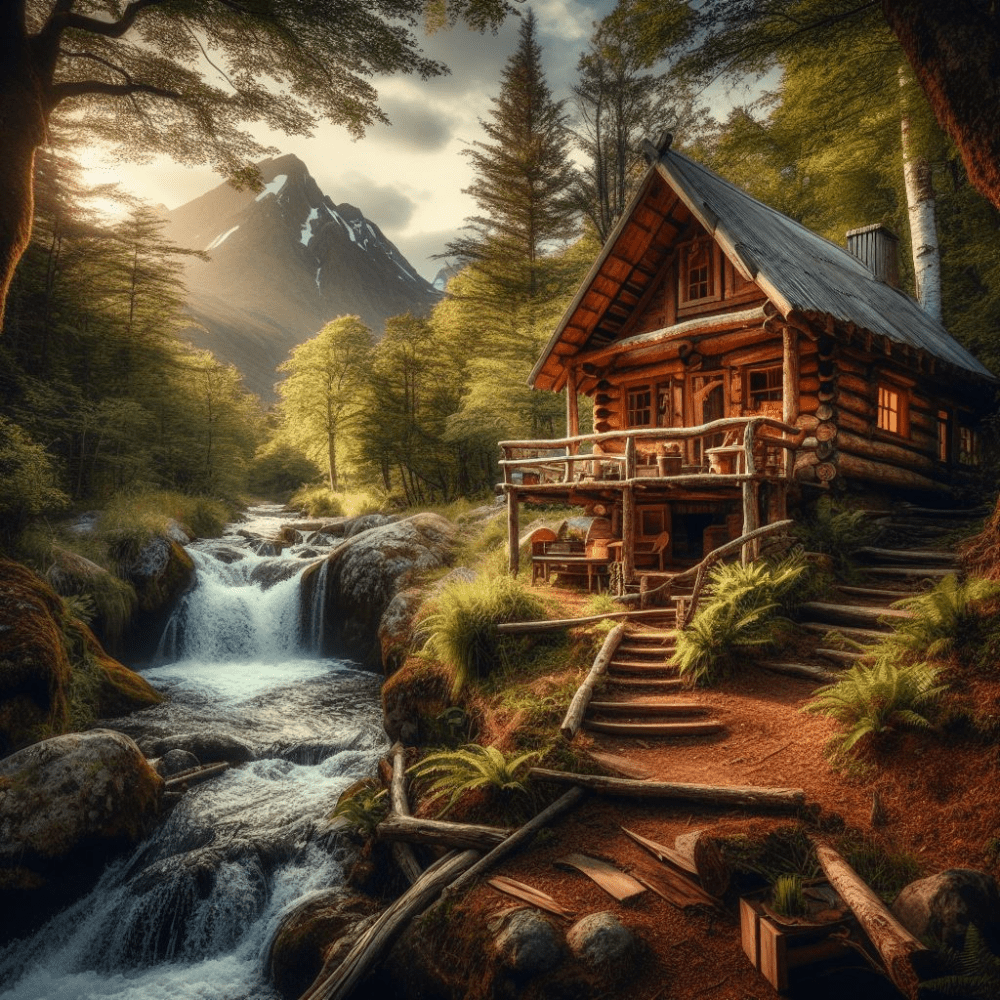
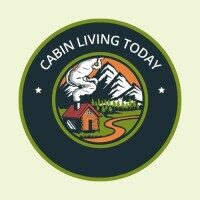


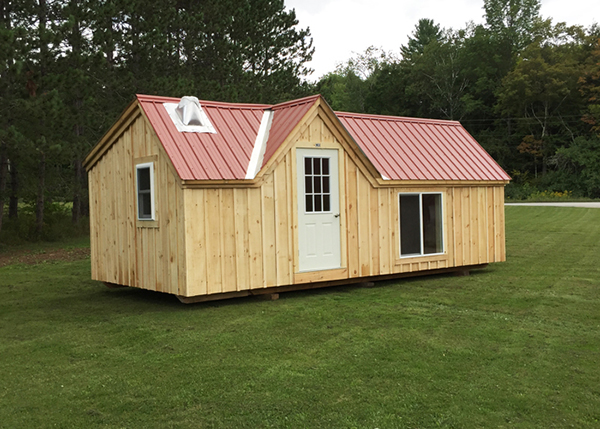


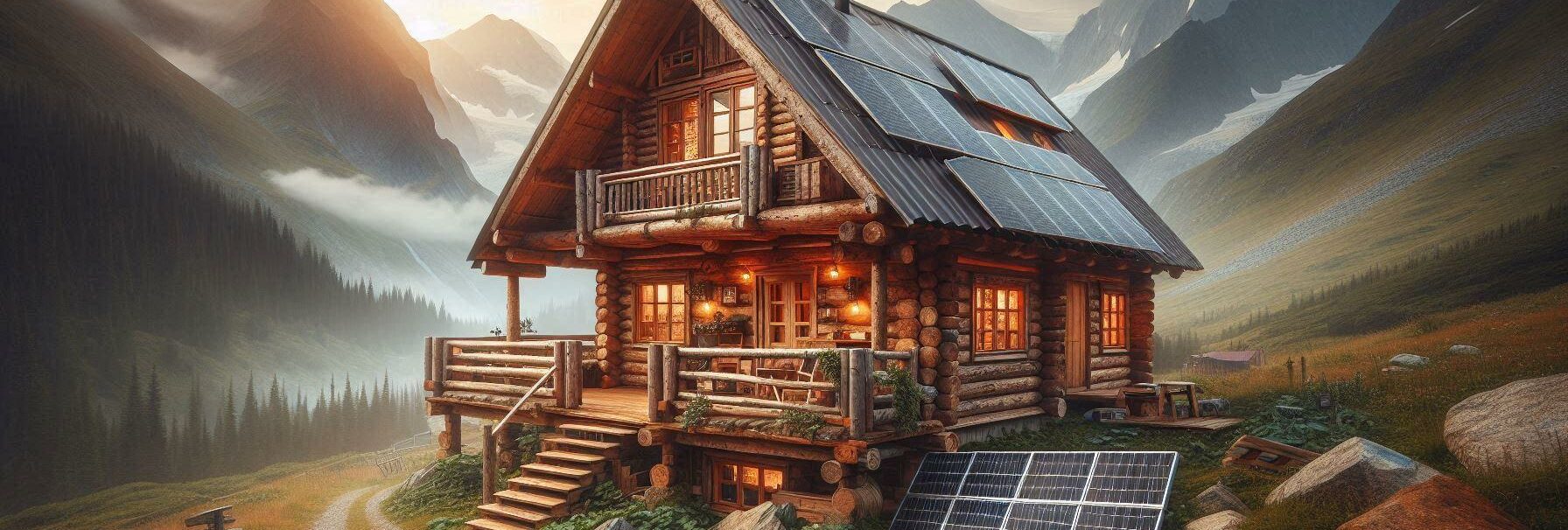
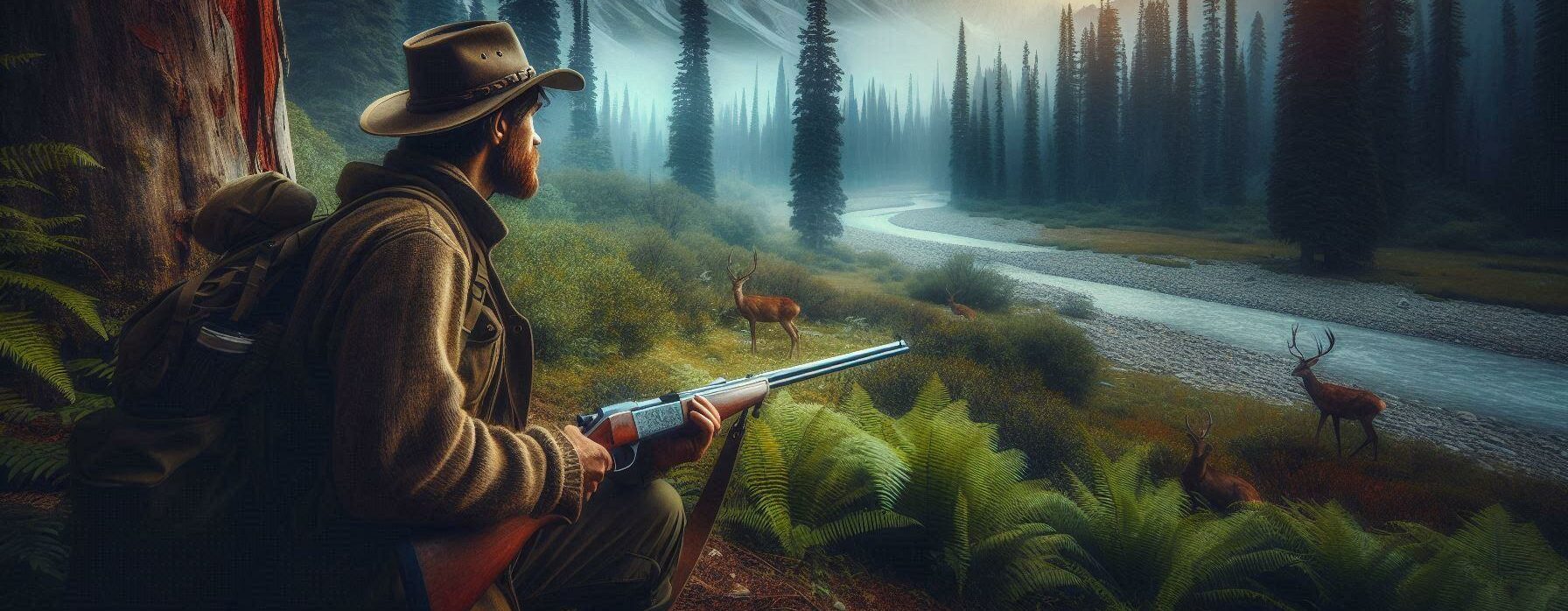
What a great article on off-the-grid cabin living. The detailed breakdown of key considerations like choosing the right location to sustainable cabin design and essential utilities gives valuable tips for anyone contemplating this lifestyle. I particularly appreciated the references to real-life stories from the off-grid community, which add a practical and personal touch. Thank you for sharing such an informative and interesting blog post.
Thank you Delois. Off grid cabin living is what I do but I only do it for a short period of time and then return to my home in town. It would be a task to make it a full time life style.
Mike Powers
Cabin Living Today